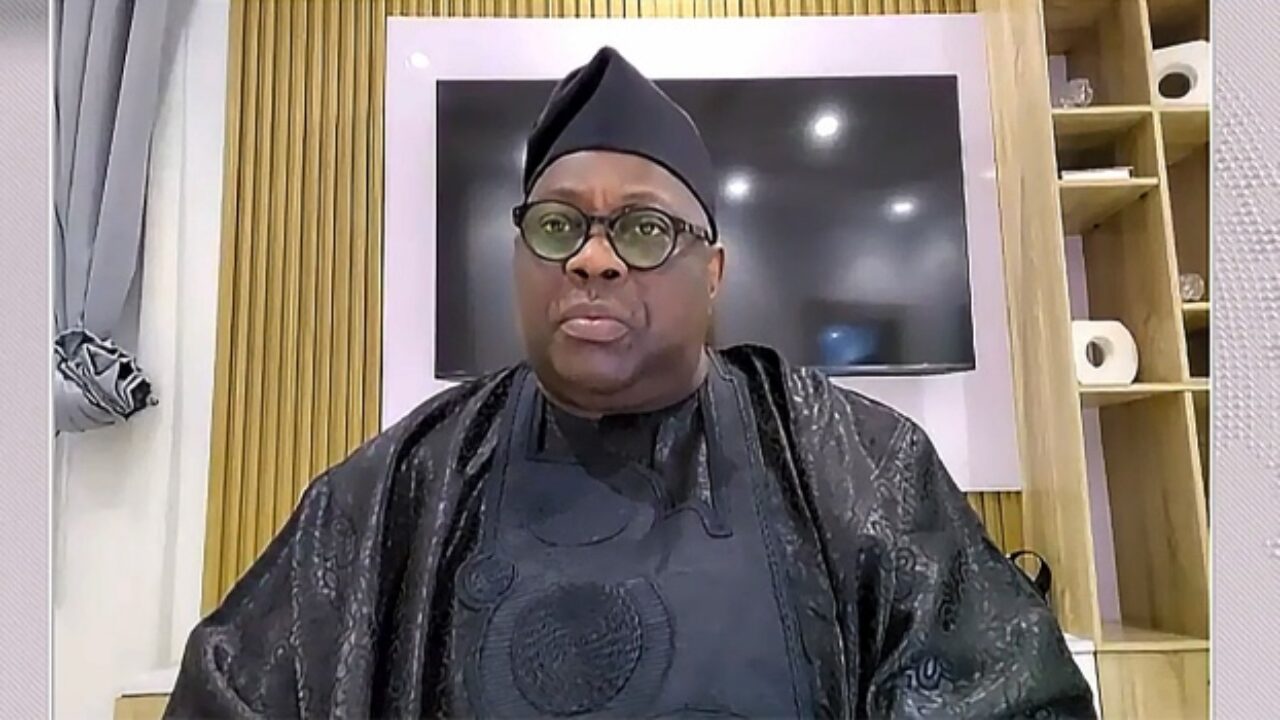A Nigerian court sentences Nnamdi Kanu to life imprisonment. Justice James Omotosho convicts the IPOB leader on terrorism charges. This decision follows years of legal battles.
Kanu faces seven counts related to his separatist activities. The judge opts for life instead of the death penalty. He shows mercy despite the severity of the crimes.
IPOB Voices Outrage
IPOB rejects the sentence outright. The group demands clarification from the judge. Moreover they argue that agitation for self determination remains legal. Spokesperson Emma Powerful issues a strong statement. He emphasizes that no evidence links Kanu to weapons or attacks. Additionally witnesses provide no testimony of crimes under law.
Agitation as a Right
IPOB highlights international rights. They cite the African Charter and UN covenants. For instance, these protect calls for referendums and political advocacy. The group stresses peaceful methods. They note Kanu’s detention during recent unrest. Consequently this proves his non-involvement in violence.
Constitutional Concerns Raised
IPOB references Nigeria’s Constitution. Section 36(12) requires clear written laws for convictions. Therefore, they ask the judge to specify the laws used. They plan to analyze the judgment deeply. In addition, IPOB vows to highlight procedural flaws. This approach aims to uphold human rights and rule of law.
Reactions Across Nigeria
Many groups echo IPOB’s views. For example, MASSOB condemns the ruling as political. Similarly leaders call for dialogue over punishment.
The sentence sparks anger in the South-East. Analysts see it as unjust. Furthermore, it raises questions about freedom of expression.
Looking Ahead
IPOB commits to peaceful advocacy. They engage international bodies for support. Finally the nation watches as appeals unfold. This case tests Nigeria’s justice system.


